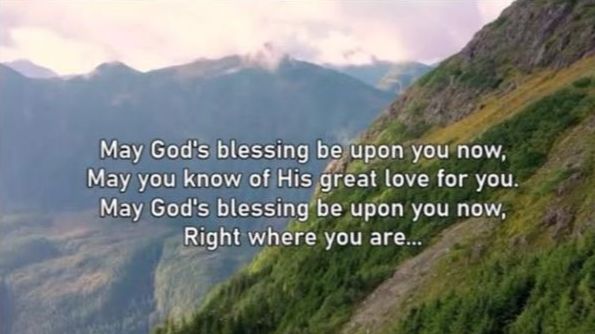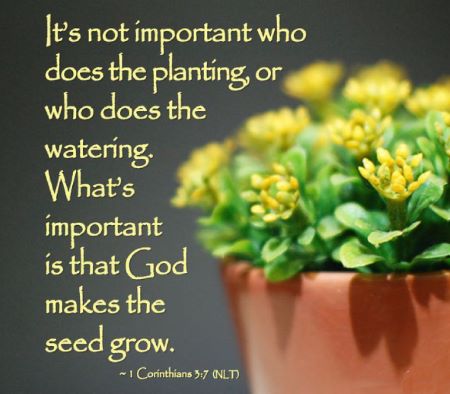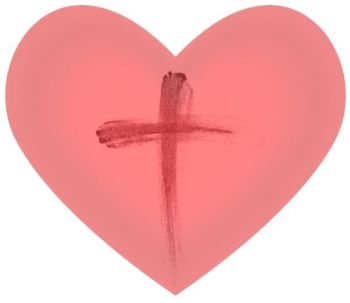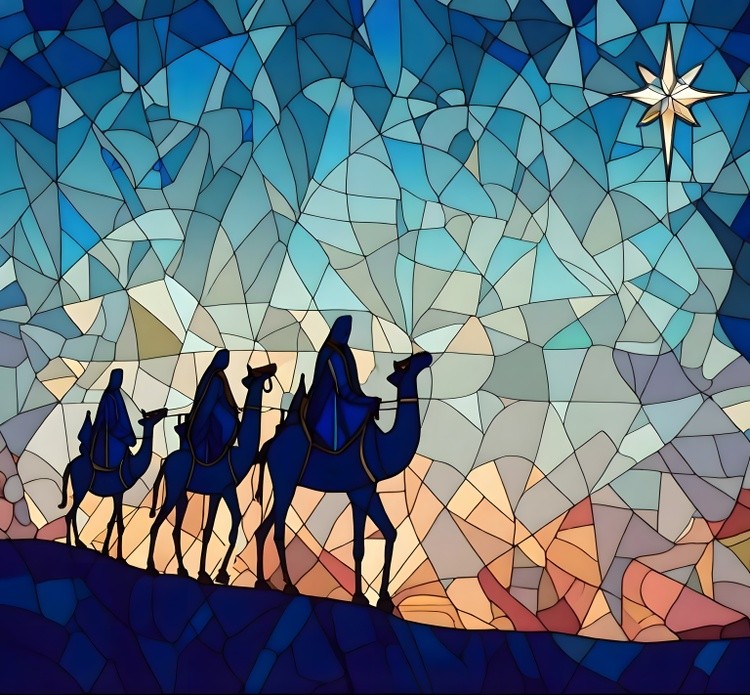
Ordinary (Yawning) Time
The church calendar describes two periods of Ordinary Time. One begins the day after the Feast of the Baptism of the Lord (the end of the Christmas season) and ends on the day before Ash Wednesday. The other begins on the Monday after Pentecost (the conclusion of Eastertide) and continues until the Saturday before Advent (the First Sunday of Advent) –– although several Sundays bear the names of feasts or solemnities celebrated on those days; including Trinity Sunday (which was on May 26) and the Feast of Christ the King (which will be November 24).
Periods of time that are considered ordinary are often contrasted with seasons or feast days which are holy or sacred; and similarly, the church has often made distinctions between sacred space and unconsecrated (profane) space; and the Oxford English Dictionary defines profane as “ritually unclean or polluted.”
Now many people, when they approach the altar, bow slightly (reverence) to show respect for holy
space. But here’s a story. There was a church which hosted many support groups and meetings. One time, because of “overbooking,” a group which met there regularly couldn’t meet in their typical room. So it was decided that they’d meet in the sacristy and sit on folding chairs (words like sacristy and sacristan have the same Latin root as sacred). One parishioner expressed great concern to the priest about this kind of (in her mind, questionable) group meeting in sacred space. Of sacred space being used for something so profane. The concern embodied the belief that certain lines ought not to be crossed.
But part of us knows this to be untrue. One of our most beloved Christmas Carols, “O Come All Ye Faithful,” affirms the mystery of incarnation, and of the every-where-ness of Christ in the words “and he abhors not the Virgin’s womb.”
Yet we humans can be very good at establishing boundaries of all sorts; pigeon-holing ideas or people, and trying to make things fit into neatly ordered categories –– even when they don’t –– as we try to maintain our sense of control over creation. But recent theologians have begun to frame this truth in a different way.
Richard Rohr wrote that Jesus enters the temple and drives out the salesmen who “were selling and buying there,” trying to sell worthiness, purity, and access to God; just as the Catholic Church did centuries later with the sale of indulgences (this is the great temptation of all religion). But Jesus symbolically dismantles this system by not allowing it to operate in its present form, and by releasing the animals that were sold for sacrifice. The Temple of Religion was to become personal, relational, and embodied in him and others; but not in a physical building.
The precise message of the Raised Up Christ is that God is available everywhere, as his body moved beyond any limits of space and time. But for some reason we like to keep God “only and just here,” where we can control God by our theologies, tabernacles, and services. We often tell God who God can love or not love; and in dong so, we expect God to conform to our myopic moral systems and judgments.
This public demonstration against and inside of the space of the Temple, is surely the historical action that finally got Jesus killed. And the trouble with declaring one space sacred, is that we then imagine other spaces are not! Here Jesus takes on the major detours of false religion, which are any attempt to “buy” God by exclusionary purity and debt codes, and by emphasizing “sacrifices” over basic mercy and compassion. Jesus really did come to liberate God for humanity and humanity for God!
We know from the work of Mother Theresa and others like her, that holiness can be found in even the most squalid places. We know that what we do on Sunday and what we do during the rest of the week are not separated (or are separated only by the mental conventions we place on them). Ordinary time, and ordinary things, are full of spirit, wonder, mystery, incarnation, and redemption. We move through Ordinary Time until Advent I, this year on December 1 for many people, or November 10 when we follow a seven-Week Advent. So please see if you can find surprise, awe, spectacle, curiosity, and even the Divine in a season that’s supposed to be, just yawn-fully ordinary. And please let me know.








